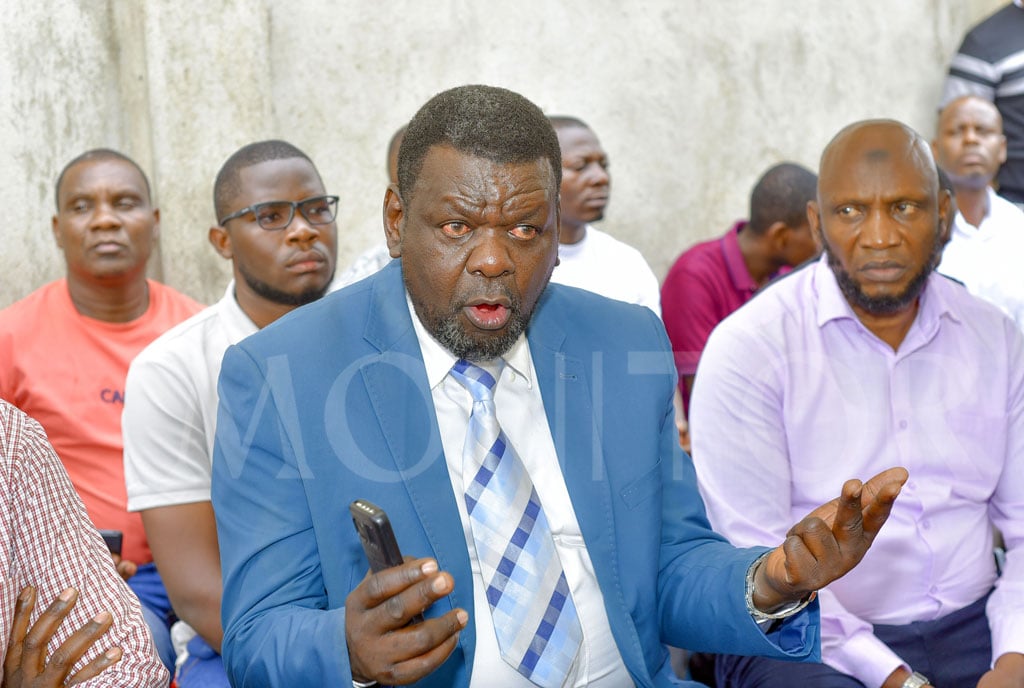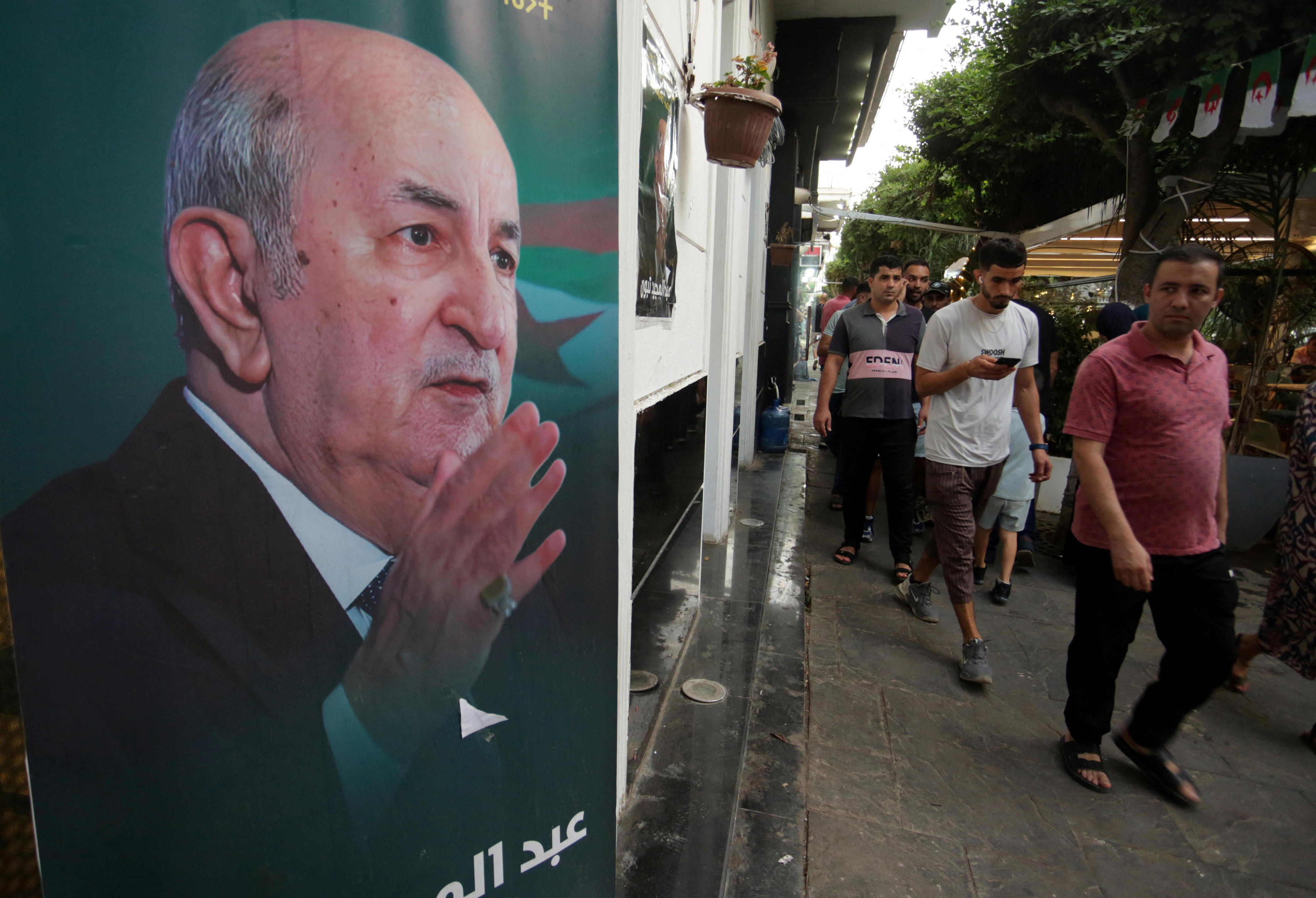Prime
Kampala traders on strike again over taxes

A joint military and police deployment in Kampala city centre as traders closed their shops to protest high taxes on imports and tax administration systems used by Uganda Revenue Authority. Photo/Stephen Otage
What you need to know:
- EFRIS involves the use of Electronic Fiscal Devices, EFD to issue e-receipts and e-invoices. It is not a tax but some traders say they do not understand the system while others are complaining of high costs of acquiring the EFD that ensure transactions are automatically transmitted to URA in real time.
Traders in Kampala city are on strike, protesting against high taxes on imports and the tax collection system, the Electronic Fiscal Receipting and Invoicing Solution (EFRIS), among other grievances. However, there is confusion among traders, with some shops remaining closed while others operate normally.

Traders are seen standing next to their closed shops in downtown Kampala as they resumed their strike on July 31, 2024. PHOTO/ISAAC KASAMANI
EFRIS involves the use of Electronic Fiscal Devices, EFD to issue e-receipts and e-invoices. It is not a tax but some traders say they do not understand the system while others are complaining of high costs of acquiring the EFD that ensure transactions are automatically transmitted to URA in real time. URA does not provide the EFD. Each trader is required to buy the gadget from private dealers.
"If we do not understand what we are doing, we cannot also pay what we do not understand. They [government] have to cooperate with us. If they don't, we are not going to open," Mr Solomon Kisakye told Monitor on July 31.
The traders expected to meet with the President Yoweri Museveni on July 31, over EFRIS, high taxes on imports and other grievances. However, the meeting was postponed to a later unstated date in August 2024. A similar meeting between traders and the president at Kololo Ceremonial grounds on May 7, 2024 ended with many not contended with the outcomes.

Most shops in Kampala remained closed as traders protest high taxes and tax administration by URA among other grievances on July 31, 2024. Photo/Isaac Kasamani
The strike, which began on July 31, 2024, has seen some traders lock up their shops and sit outside or remain home, while others have chosen to open for business as usual.

Traders are seen standing next to their closed shops in downtown Kampala as they resumed their strike on July 31, 2024. PHOTO/ISAAC KASAMANI
Along Nasser Road, Mukwano Lane, Mukwano Arcade, and Ben Kiwanuka Street, some shops are open, while others remain closed.
Mr Issa Ssekitto, the spokesperson for the Kampala City Traders Association (KACITA) on July 30 said traders who have chosen to close their shops should remain peacefully and are urged them not to cause chaos.
"We are responsible citizens. Just lock and go home. We shall not be responsible for anybody who causes problems to the rest," Mr Ssekitto said.

Businesses continued to operate normally in downtown Kampala as traders closed their shops to protest tax hikes on July 31, 2024. Photo/Stephen Otage
However, some traders are defying the strike, citing a lack of communication from the authorities. "We don't know what's going on in the country. We don't understand anything about EFRIS," said Mr Solomon Kisakye, a Kampala trader who has refused to reopen his business until the government addresses pleas of traders.
Meanwhile, there is a joint military and police deployment in the city centre.

Traders in downtown Kikuubo closed their during a strike by traders over tax hikes. Photo/Isaac Kasamani
The strike is also aimed at among others tasking government to address a persistent challenge of foreigners operating the same businesses as locals but disguising as investors.
The strike is expected to continue until the government addresses the traders' grievances.
Compiled by Irene Abalo Otto, Damalie Mukhyaye, Stephen Otage and Michael Kakumirizi




